Account Login
- Home
- Mobiles
-
- News
-
All news
Latest news
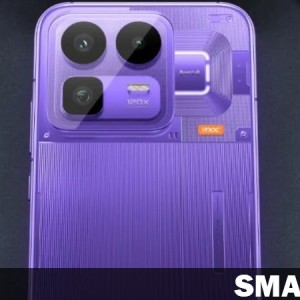
Jan 12, 2026 /
Realme Neo8 Specs Leak: 165Hz AMOLED, Snapdragon 8 Gen 5
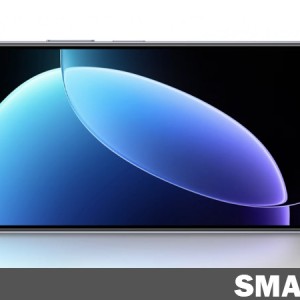
Jan 12, 2026 /
vivo Y500i Launched with 7200mAh Battery and 120Hz Display

Jan 12, 2026 /
Honor Magic8 RSR Porsche Edition Launch Date Revealed
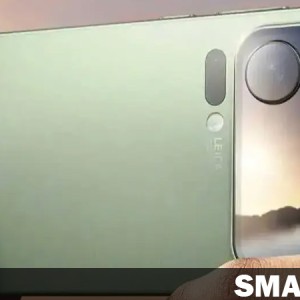
Jan 12, 2026 /
Xiaomi 17 Max Leaks Reveal Massive 8000mAh Battery
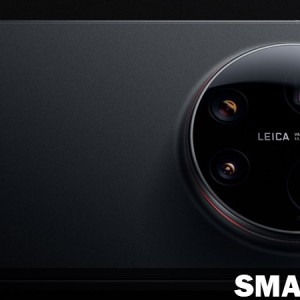
Dec 25, 2025 /
Xiaomi 17 Ultra Launched with 1-Inch Camera & 6800mAh
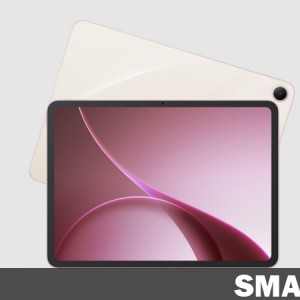
Dec 25, 2025 /
Oppo Pad Air5 Launched with Dimensity 7300-Ultra
-
- Reviews
-
All reviews
Latest reviews
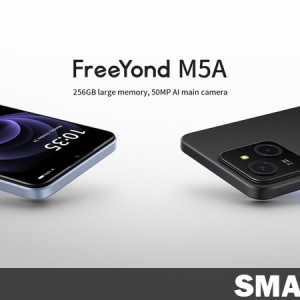
Jun 14, 2024 /
FreeYond M5A : A New Name in Budget Mobile
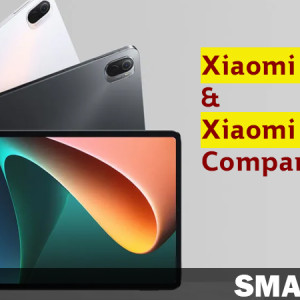
Apr 23, 2023 /
Xiaomi Pad 6 vs Xiaomi Pad 6 Pro Comparison
-
- Other
- Contact Us
Top 10 Smartphones
| Device | Total hits | ||
|---|---|---|---|
| 1 |
| 40900 | 2 |
| 32696 | 3 |
| 31272 | 4 |
| 26470 | 5 |
| 24671 | 6 |
| 24340 | 7 |
| 22764 | 8 |
| 22459 | 9 |
| 21394 | 10 |
| 21180 |
Best Ratings
Latest News
Latest Reviews
Is Microsoft Planning a New Foldable Device? Patent Updates & Speculation
Oct 03, 2024 Chathura Prabhaswara Gamage News 925 hits
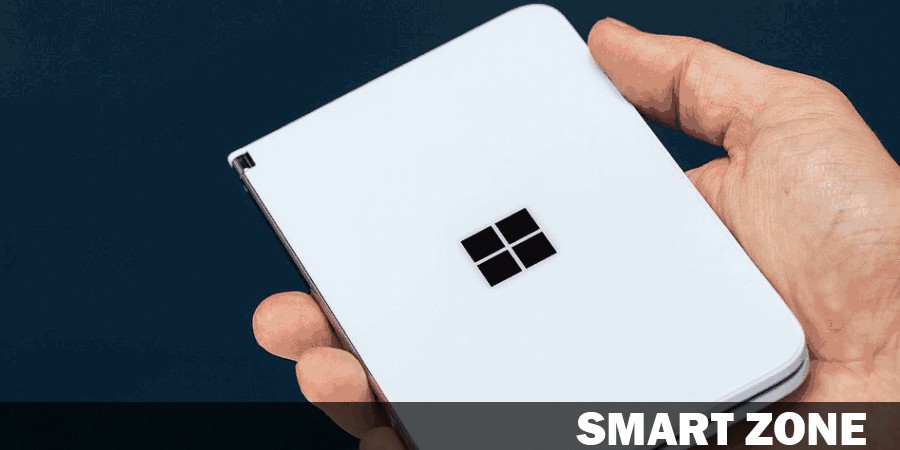
Microsoft’s New Foldable Device: Is a Comeback in the Works?
After the challenges faced with the Surface Duo, is Microsoft preparing for another attempt at a foldable device? A recent patent has sparked new speculation about the tech giant’s plans for a third-generation Surface Duo, or possibly a brand-new foldable concept.
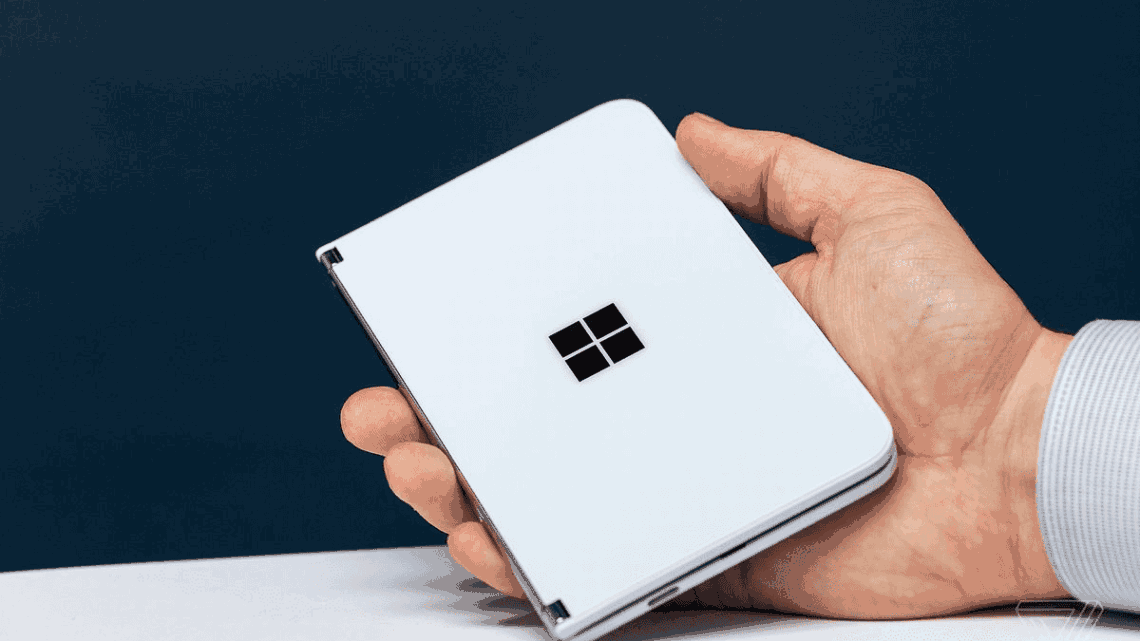
Microsoft's New Approach to Foldable Devices
The patent, originally filed in 2021, describes a single foldable screen that can fold both inwards and outwards, marking a significant departure from the dual-screen design of the original Surface Duo. Unlike many foldable devices that show creases where the screen folds, Microsoft's patent suggests a solution to eliminate visible folds by hiding excess screen material within the device's chassis when folded.
This innovation could set the device apart, offering a smoother foldable experience and a sleeker design. However, the development of such a device would require advanced manufacturing techniques, such as wet etching and laser cutting, as detailed in the patent.
Microsoft's Troubled History in Mobile
Microsoft has a complicated history in the mobile phone market. Despite early attempts with Windows Mobile and later Windows Phone 7, the company struggled to keep up with Apple’s iPhone and Google's Android. Even the acquisition of Nokia failed to secure Microsoft's place in the competitive mobile industry, leading to its eventual exit from the mobile OS space.
The Surface Duo Experiment
Microsoft's return to mobile in 2020 with the Surface Duo aimed to break the mold with a dual-screen foldable device running Android. While innovative, the device faced challenges, including a high price tag, software limitations, and lack of strong market adoption. Even with the release of the Surface Duo 2, Microsoft couldn’t capture significant attention in the foldable phone market.
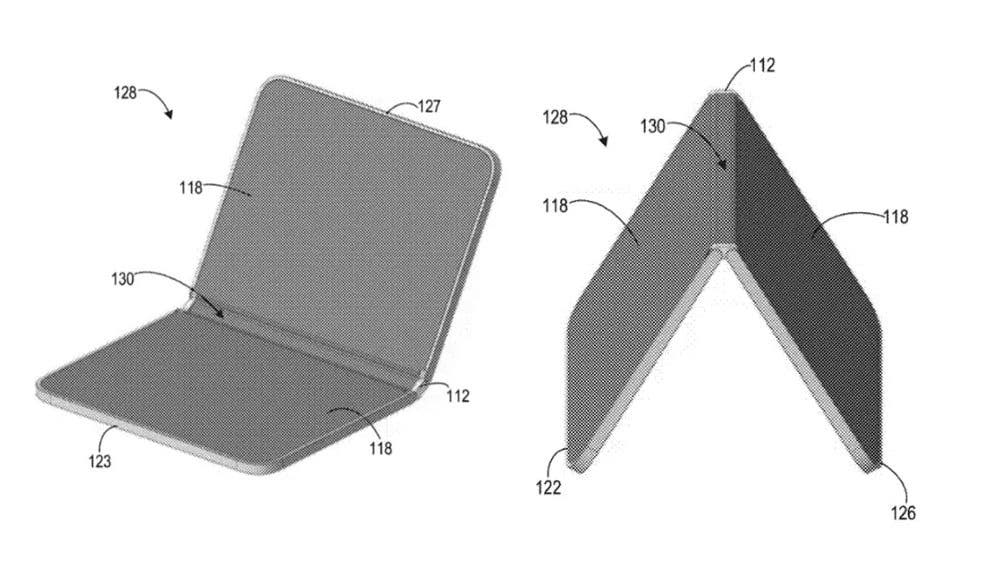
Is a New Microsoft Foldable Phone on the Way?
Recent updates to Microsoft's foldable phone patent have fueled speculation that the company is not giving up on foldable technology. However, it’s essential to approach this with caution—many patents never result in commercial products. Still, patents can lead to licensing opportunities and show that Microsoft is keeping its options open in the evolving foldable phone market.
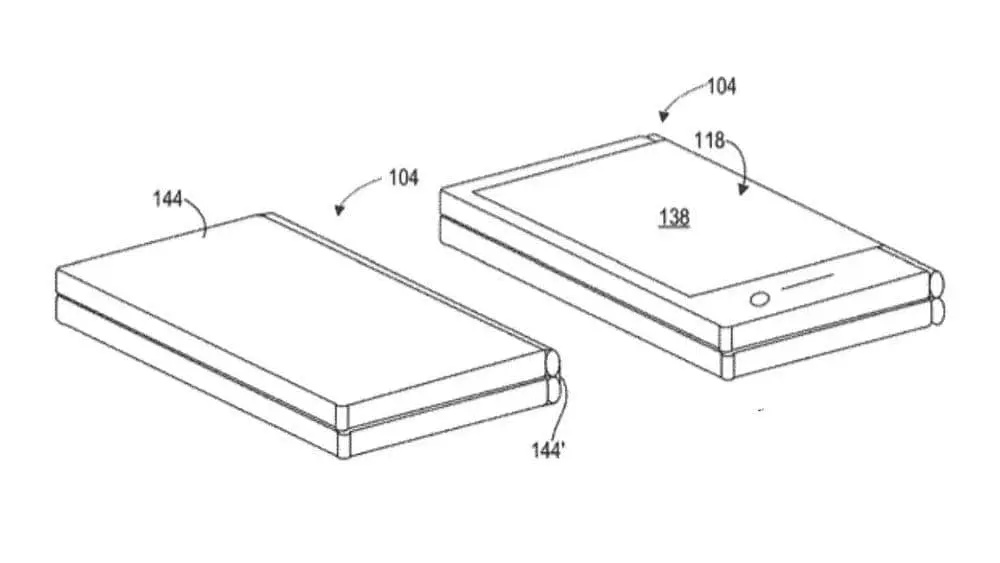
Although the failure of the Surface Duo highlights the challenges of the foldable phone market, Microsoft’s recent patent suggests the company is still thinking ahead. Whether this new foldable concept makes it to market or remains an intellectual property strategy, it demonstrates that Microsoft has not completely abandoned its mobile ambitions.
Only time will tell if Microsoft will re-enter the foldable device market, but the potential is there for the company to innovate and deliver a product that stands out from the competition.





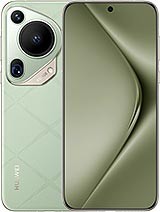


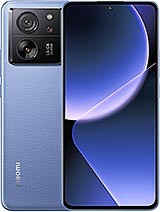

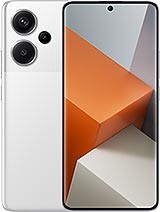
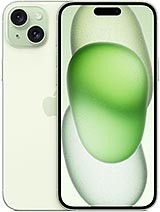
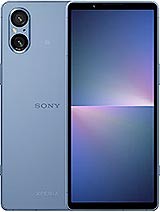

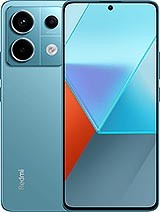
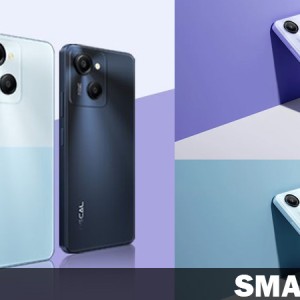




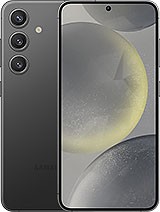
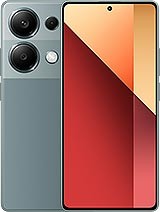

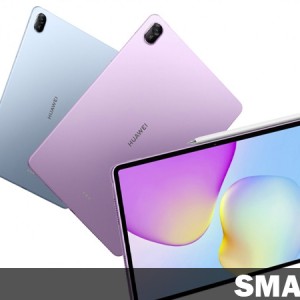
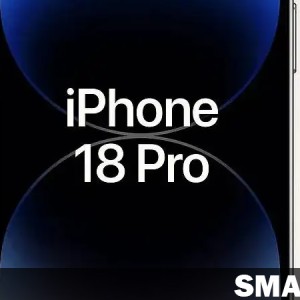

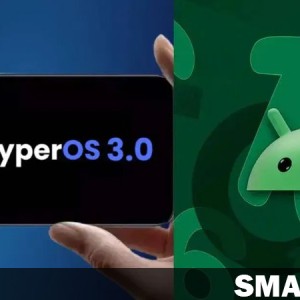


Leave a comment: